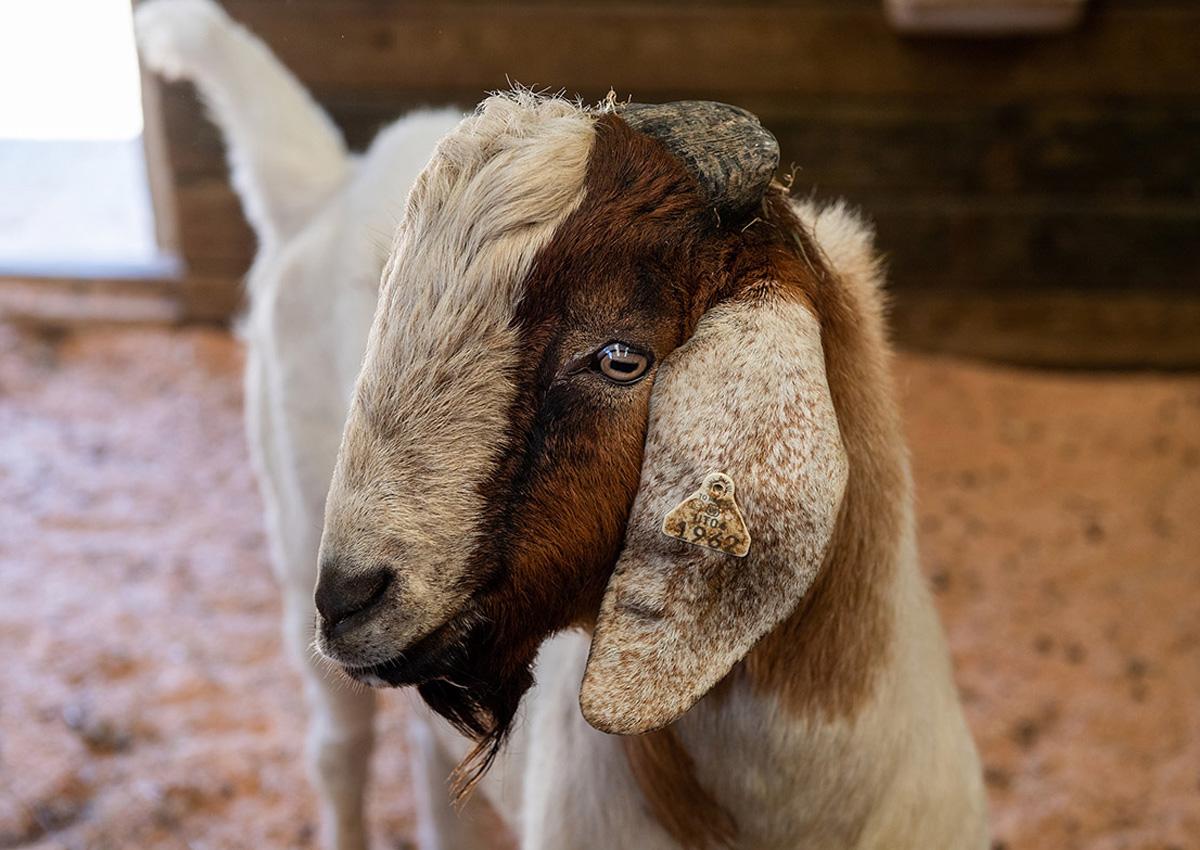
Gene Editing Produces Livestock ‘Surrogate Sires' Successfully Made Fertile
September 16, 2020| |
Scientists have created pigs, goats, and cattle that can serve as viable "surrogate sires," male animals that produce sperm carrying only the genetic traits of donor animals. This development could speed the spread of desirable characteristics in livestock and improve food production for a growing global population.
A research team at Washington State University led by Jon Oatley, a reproductive biologist used CRISPR-Cas9, to knock out a gene specific to male fertility in the animal embryos that would be raised to become surrogate sires. The male animals were then born sterile but began producing sperm after researchers transplanted stem cells from donor animals into their testes. The sperm from the surrogate sires held only the genetic material of the selected donor animals.
The researchers used CRISPR-Cas9 to produce mice, pigs, goats, and cattle that lacked a gene called NANOS2 which is specific to male fertility. The male animals grew up sterile but otherwise healthy, so when they received transplanted sperm-producing stem cells from other animals, they started producing sperm derived from the donor's cells.
For more details, read the article in WSU Insider.
| |
You might also like:
- UC Davis Scientists Use CRISPR Technology to Develop Bull that Produces 75% Male Offspring
- Most Americans Accept GE Animals for Human Health, Study
- University of Missouri Scientists Breed PRRS Resistant Pigs using CRISPR
Biotech Updates is a weekly newsletter of ISAAA, a not-for-profit organization. It is distributed for free to over 22,000 subscribers worldwide to inform them about the key developments in biosciences, especially in biotechnology. Your support will help us in our mission to feed the world with knowledge. You can help by donating as little as $10.
-
See more articles:
-
News from Around the World
- ANU Book Presents Stories of Communicating Science in 39 Countries
- FAO Reports Lack of Progress in Achieving SDG
- Research Reveals New Insights to Advance Cassava Breeding
- Massive-scale Genomic Study of Almost 80,000 Accessions Reveals Wheat Diversity
- Gene Editing Produces Livestock ‘Surrogate Sires' Successfully Made Fertile
- PH Government Grants GM Corn Seeds, Farm Inputs to Farmers Association's Model Farm
- Research Team Lays Foundation for Crops with Resistance to Combined Climatic Stresses
-
Research Highlights
- cry1Ab Transgene Segregation Patterns of GM Maize Documented
-
Plant
- Research Pinpoints GDSL Esterase/Lipase Protein Vital for Anther and Pollen Development
- CRISPR-Cas9 Elucidates Seed Shattering Reduction during Rice Domestication
-
Health
- Study Finds COVID-19 Virus Remains in Stool Samples
- Researchers Discover SARS-CoV-2 Uses Heparan Sulfate to Get Inside Cells
-
Read the latest: - Biotech Updates (February 18, 2026)
- Gene Editing Supplement (January 28, 2026)
- Gene Drive Supplement (February 22, 2023)
-
Subscribe to BU: - Share
- Tweet

